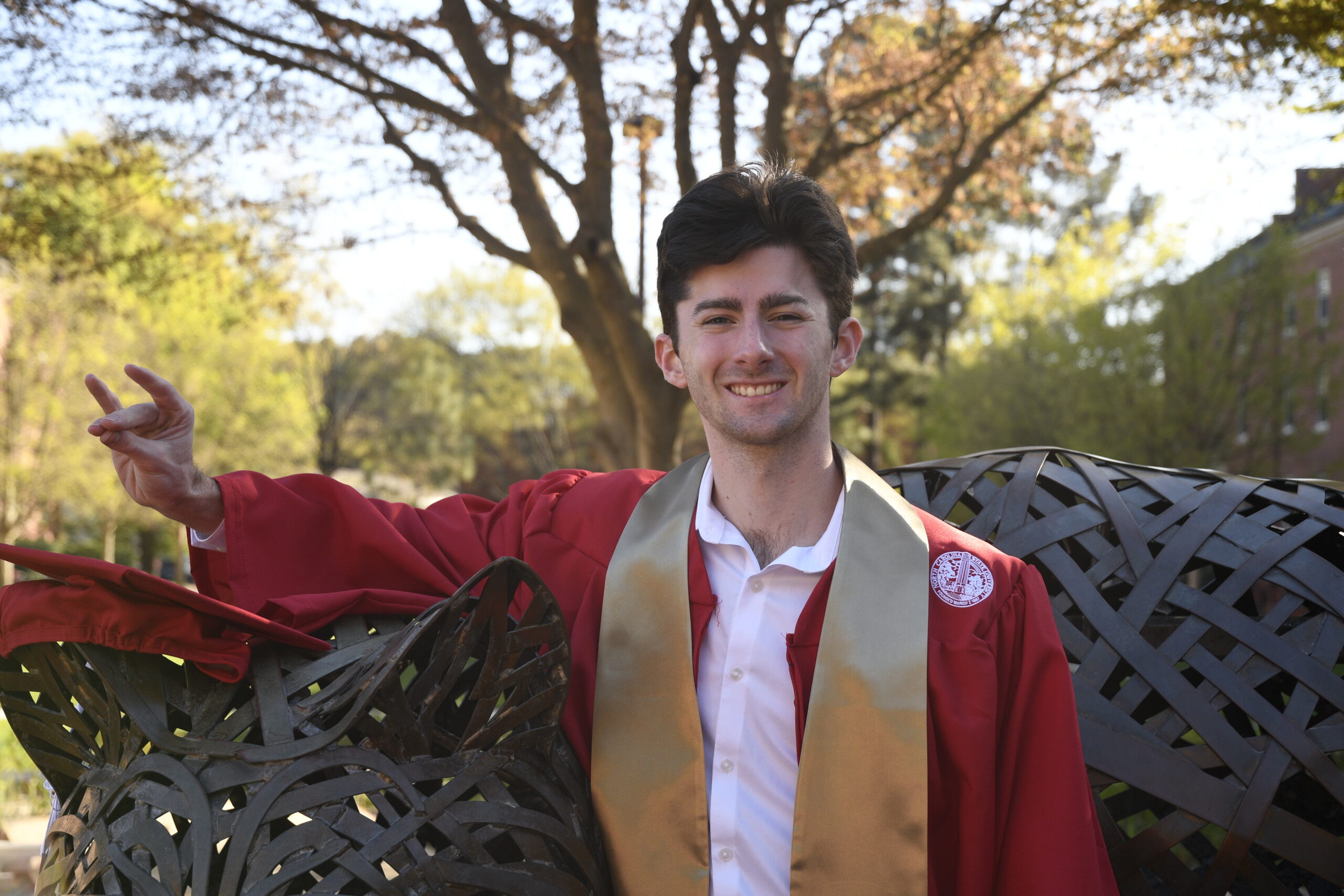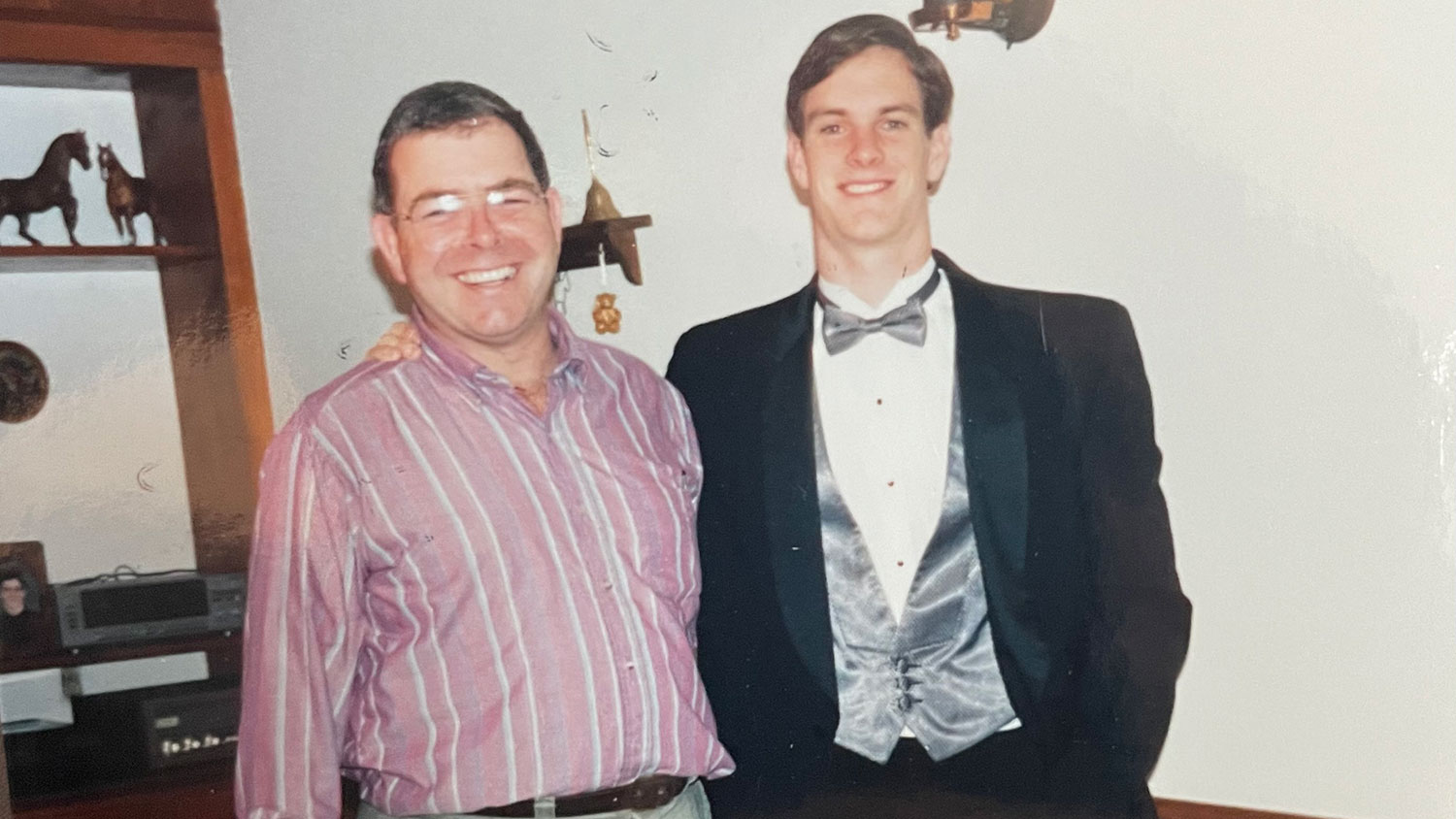Leading Economist on World Poverty to Present Feb. 23 John W. Pope Lecture
The lecture, to be held from 7:00 p.m. to 8:30 p.m. in Room 3712 Bostian Hall, on the NC State University Campus, is open to the public at no charge. Bostian Hall is located just south of Hillsborough Street, on the west edge of NC State’s ‘Brickyard’ plaza. A public reception follows the presentation in the Nelson Hall Student Commons.
Easterly is a professor of economics at New York University and co-director of the NYU Development Research Institute. He also is a research associate with the Bureau of Economic Research.
In 2008, he received the 2008 Hayek Prize from the Manhattan Institute for his book, The White Man’s Burden: Why the West’s Efforts to Aid the Rest Have Done So Much Ill and So Little Good. In this and his previous book, The Elusive Quest for Growth: Economists’ Adventures and Misadventures in the Tropics, he draws on his 16 years of service with The World Bank as he presents a critical review of the impact of top-down foreign aid policies.
“In White Man’s Burden, Easterly explores what he calls the two tragedies of the world’s poor,” said Stephen Margolis, professor of economics at NC State’s College of Management and one of the organizers for the lecture series.
“The first tragedy,” Margolis said, summarizing Easterly’s writings, “is that in large parts of the world, millions of children die from easily preventable diseases and others suffer from disease and disability for the lack of inexpensive medicine, basic nutrition, and clean water. The second tragedy is that donor countries have spent $2.3 trillion in the past fifty years with little helpful effect.
“Easterly argues that planners fail to aid the poor for the same reasons that they fail for economies in general. They simply do not have the specific knowledge of conditions necessary to run an economy. The planner’s curse is magnified where they know little about the countries that they are trying to manage,” Margolis said.
“In place of bureaucratic big plans, he urges targeted efforts that get specific help to defined groups of people and provide measurable results. His work also emphasizes the benefits of involvement by individuals who are committed to getting aid to people who need it,” Margolis said.
Margolis said that Easterly’s argument is not a pessimistic call to inaction on the theory that nothing works. Instead, Easterly contrasts the failures of ‘planners’ with the successes of those he calls ‘Searchers.’
“He uses the term Searchers rather than entrepreneurs in order to include not-for-profit and public sector activities,” Margolis said. “Like entrepreneurs, Searchers use their own specific knowledge to identify things that work. In his writings, Easterly says, ‘When a high willingness to pay for a thing coincides with low costs for that thing, Searchers will find a way to get it to the customer.’”
Easterly is co-editor of the Journal of Development Economics, a Fellow of the Brookings Institution and the Center for Global Development and serves on the board of the anti-malaria philanthropy, Nets for Life. His work is widely read and discussed in academic circles and has received extensive coverage in national and international news media. Foreign Policy magazine named him one of the world’s Top 100 Public Intellectuals in 2008.
Born in West Virginia, he grew up in Bowling Green, Ohio. He received his Ph.D. in Economics at MIT.
Additional information about the John W. Pope Lecture Series and directions are available online.


